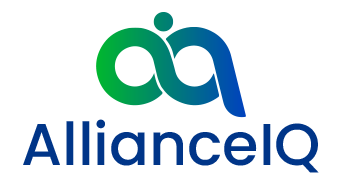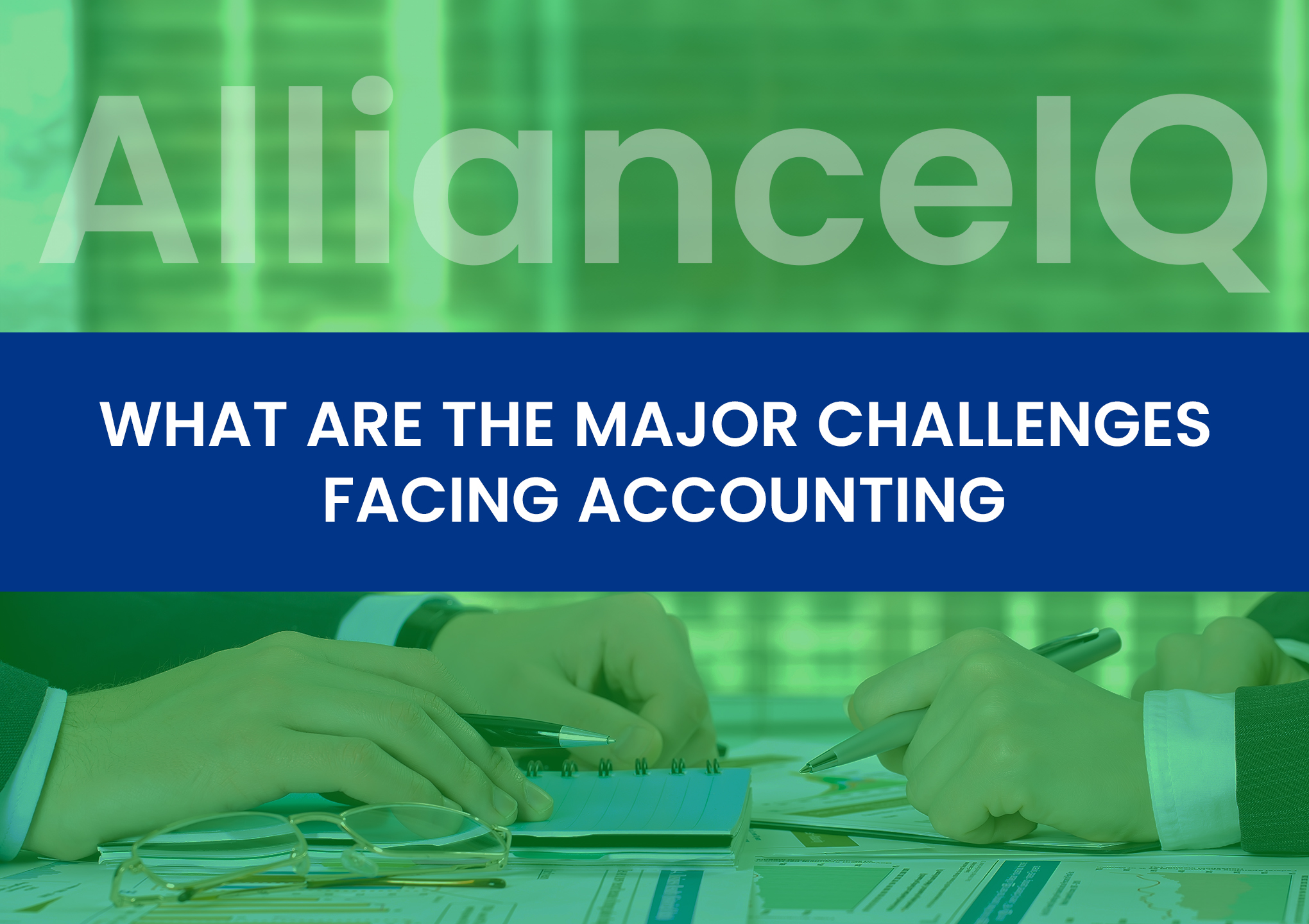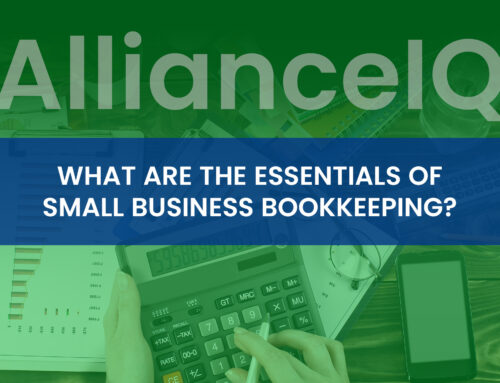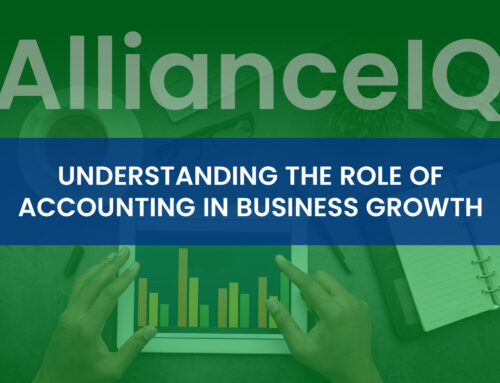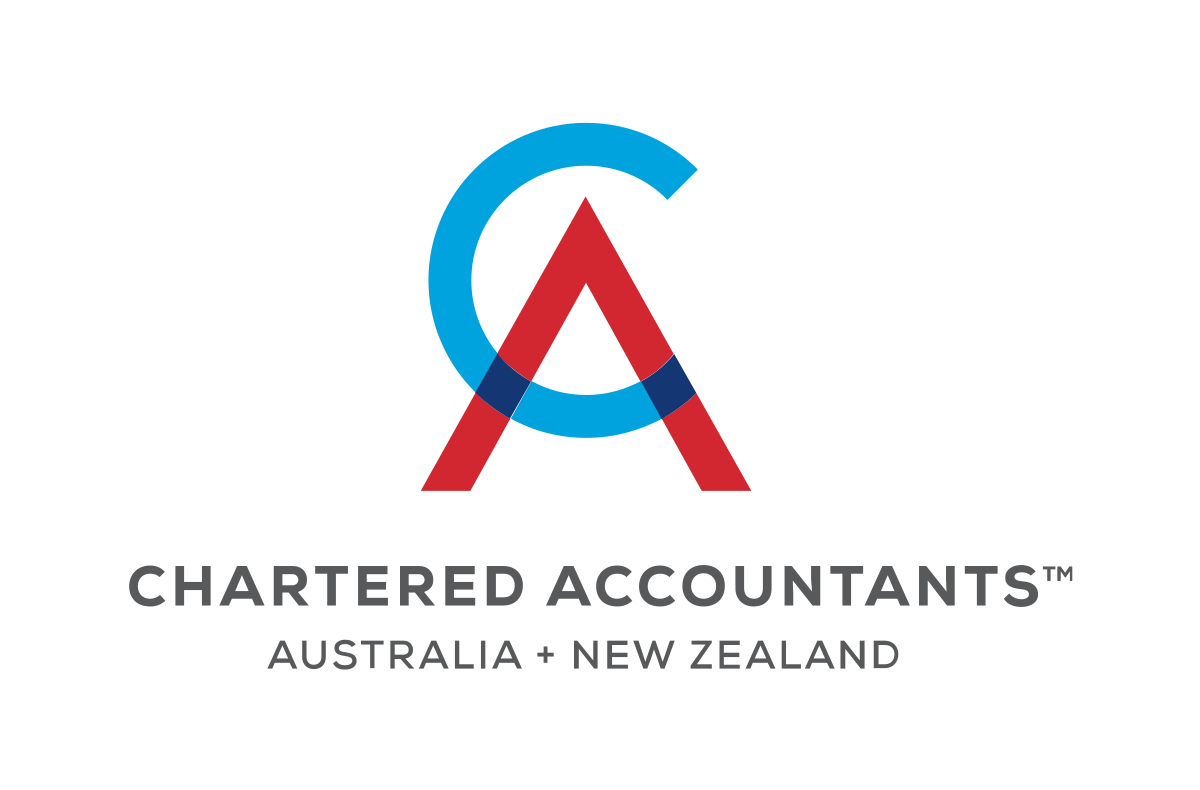Accounting’s function in the ever-changing financial landscape has become increasingly important. Accounting is at the heart of financial management as firms battle with a plethora of difficulties. However, with great power comes great responsibility. In this special investigation, we will look at the major difficulties confronting the accounting profession as well as the trends defining its future. explore What are the major challenges facing Accounting With TheAllianceIQ.
Technological Disruption:
In the era of digital transformation, accounting is not immune to the sweeping tide of technological disruption. Automation, artificial intelligence, and blockchain are revolutionizing traditional accounting processes, leaving professionals to adapt or risk becoming obsolete. While these technological advancements promise efficiency and accuracy, they also demand a reevaluation of skill sets within the accounting workforce. The challenge lies in striking a balance between embracing innovation and ensuring that the human touch remains integral to financial decision-making.
Regulatory Complexity:
The regulatory landscape in accounting is a labyrinth of ever-changing rules and standards. Staying compliant with the myriad of regulations imposed by governmental bodies and accounting boards can be a daunting task. This challenge is further compounded by the global nature of many businesses, necessitating an intricate understanding of international accounting standards. Navigating this intricate web of regulations requires accounting professionals to not only stay abreast of current standards but also anticipate future changes and their potential impact on financial reporting.
Data Security and Privacy:
As accounting systems become increasingly reliant on digital platforms and cloud-based solutions, the safeguarding of sensitive financial data has emerged as a paramount concern. The rise in cyber threats poses a significant challenge to accounting professionals, demanding robust cybersecurity measures to protect against data breaches and unauthorized access. Moreover, with the implementation of stringent data protection regulations such as GDPR, accountants must ensure compliance while managing and processing financial information securely.
Talent Acquisition and Retention:
The demand for skilled accounting professionals is soaring, but the talent pool is not keeping pace. The shortage of qualified accountants is a challenge that businesses across industries face. Additionally, retaining top talent is proving to be just as formidable a task. To address this challenge, the accounting profession must focus on fostering a positive work culture, providing continuous professional development opportunities, and adopting innovative recruitment strategies.
Evolving Role of Accountants:
The traditional role of accountants as mere number-crunchers is evolving into that of strategic advisors. Accountants are expected to provide insights into financial data, aiding businesses in making informed decisions. This shift in expectations necessitates accountants to acquire a broader skill set, including critical thinking, problem-solving, and effective communication. Adapting to this new paradigm is a significant challenge as accountants need to enhance their soft skills alongside their technical expertise.
Sustainability Reporting:
In the wake of increasing environmental concerns, there is a growing demand for transparency in sustainability reporting. Stakeholders, including investors and consumers, are placing greater emphasis on understanding the environmental, social, and governance (ESG) aspects of businesses. This poses a challenge for accountants who must integrate sustainability metrics into financial reporting while ensuring accuracy and compliance with emerging standards.
Accounting Trends Shaping the Future:
Amidst these challenges, several trends are reshaping the future of accounting:
- Cloud Accounting:
Cloud-based accounting solutions are gaining prominence, offering enhanced accessibility, real-time collaboration, and increased security.
-
Artificial Intelligence (AI) Integration:
AI is being harnessed to automate routine tasks, allowing accountants to focus on higher-value activities such as data analysis and strategic decision-making.
-
Remote Work Capabilities:
The COVID-19 pandemic has accelerated the adoption of remote work in the accounting profession, prompting a reevaluation of traditional office structures.
-
Blockchain Technology:
Blockchain is being explored to enhance the security and transparency of financial transactions, reducing the risk of fraud and errors.
Conclusion:
As we navigate the seas of finance, the major challenges facing the accounting profession are undeniable. Technological disruption, regulatory complexity, data security, talent acquisition, evolving roles, and sustainability reporting all demand the attention of accounting professionals. However, by embracing emerging trends and proactively adapting to change, the accounting profession can not only overcome these challenges but also thrive in an era of unprecedented transformation. The journey ahead may be challenging, but it is through resilience and innovation that accountants will continue to be the guardians of financial integrity in the corporate world.
